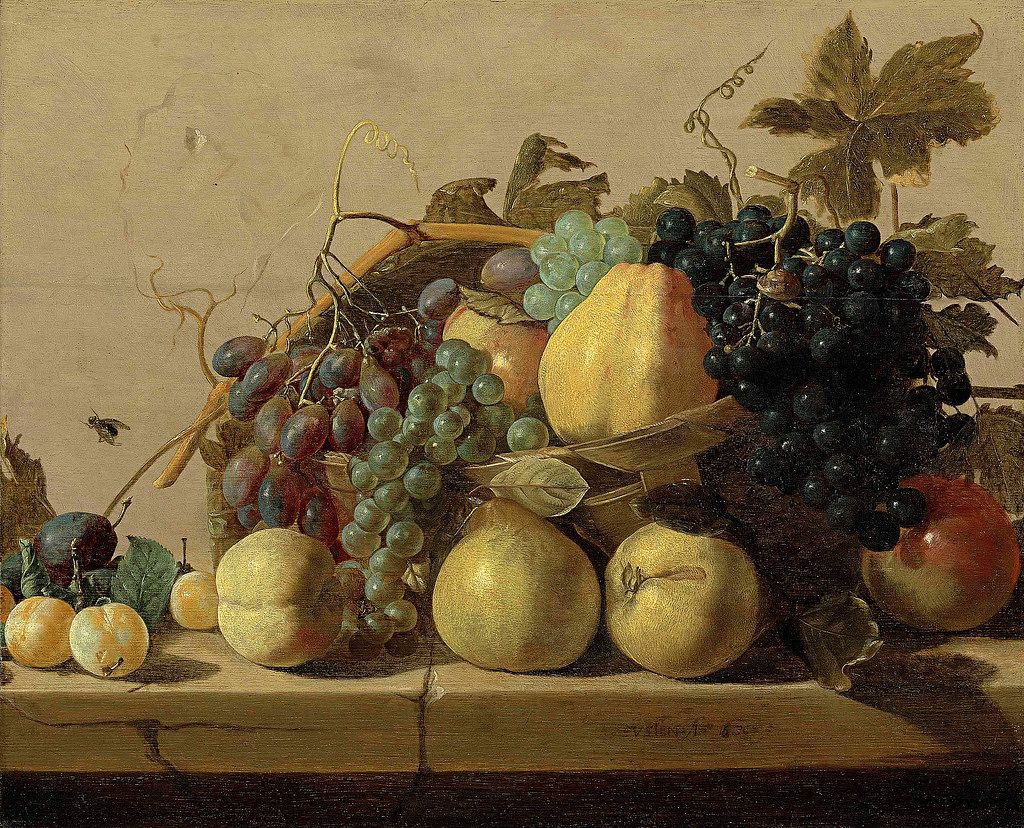Robotic tools that can help people with balance problems, a quieter quantum computer, and an ambitious art history proposal are just three of the ten TU Delft projects that recently received Vidi grants. Altogether, they drew €800,000 in funding.
Every year, the Netherlands Organisation for Scientific Research (NWO) awards hundreds of Vidi grants to experienced scientists and other candidates. The grants will help ten researchers at TU Delft spend the next five years further developing their projects.
Among them is Dr. Maarten Wijntjes from Industrial Design Engineering. He’ll be working on a project titled ‘Communicating Materials Visually’ that seeks to examine how some of the world’s greatest painters conveyed the texture of everyday objects in their art. “They were able to show the softness of velvet and the ripeness of grapes without a camera,” he said. “I will be researching how they did this with just paint.”
Unlocking this mystery could help marketers and the designers of online shopping websites improve their ability to demonstrate the quality of various products through photographs and additional images. Wijntjes’ project will involve carefully examining roughly 30,000 paintings by the masters of the Golden Age and others. He also hopes that his research will help make online databases at museums easier to use for those hoping to learn more about art and everyday objects from the 19th century and earlier.
Dr. Menno Veldhorst from QuTech also received a Vidi grant for ‘Quantum Computer with Less Noise’, a project that seeks to develop a key component that may one day be used in these futuristic machines. It could be several more years before researchers are able to create a practical quantum computer and one of the current roadblocks is the sound caused by cooling devices. Veldhorst hopes to figure out a way to eliminate or limit this noise at the source by reducing the need for cooling units while upscaling initial quantum architecture.
‘Robot Support for Balance’ is the title of Dr. Heike Vallery’s project. She and her colleagues from Biomechanical Engineering are aiming to develop robotic tools that utilise gyroscopic technology to assist people with significant mobility issues. They hope to implement these devices into lightweight backpacks, prosthetic legs, footwear and other wearable accessories.
You can learn more about the other TU Delft projects that earned Vidi Grants by clicking here.



Comments are closed.